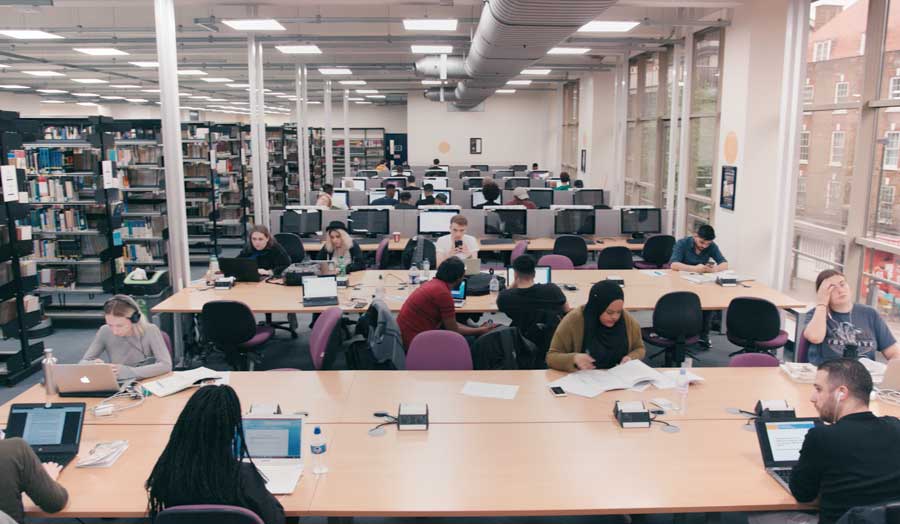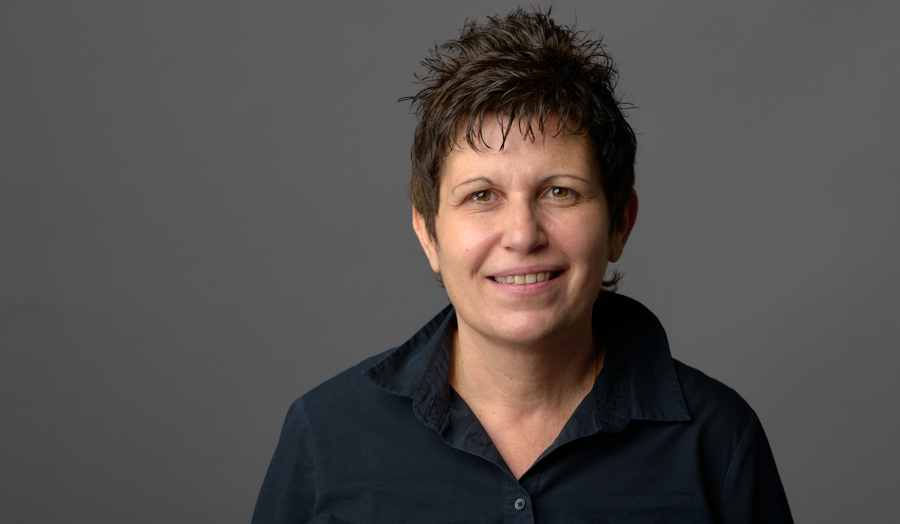Project overview
The Dynamic and Inclusive Multilingual Assessment for sustainable development in Higher Education (2022-2023) is a year-long project, in terms of which I will implement a multilingual approach towards comprehension in assessment (MACA) that has first been explored by Shohamy (2011) combined with a dynamic assessment approach (DA) that has been developed within the Vygotskian sociocultural theory of learning (Vygotsky, 1978).
It will be used with 50 undergraduate students at the Guildhall School of Business and Law. This project will explore the value of peer mediation in the context of academic writing skills’ development among undergraduate BA students in blended learning.
Previous implementations of these two approaches in other settings (I was the principal investigator), indicated that their use can include students as partners, develop their professional skills by promoting experiential learning, i.e., collaboration and intercultural awareness, improve students’ writing performance and favourable attitudes towards learning as well as support their well-being in Higher Education institution especially in the post-COVID-19 era (El Said, 2021).
More information
The aim of this study is to explore how dynamic assessment and a multilingual approach towards comprehension in assessment can influence students’ writing skills and attitudes towards learning in Business and Management Education.
The aim is to promote experiential learning in Business Schools. This study will explore the use of dynamic and multilingual inclusive assessment with undergraduate students in a Business School and address the following three questions:
- What are university students’ perceptions of the benefits and challenges of dynamic inclusive multilingual assessment (DIMA)?
- What is the impact of DIMA on undergraduate students’ writing performance?
- What is the impact of DIMA on university students’ professional skills (i.e., presentation skills)?
- How do participants’ responses to mediation change throughout the intervention?
In terms of this project, 50 first year students (volunteers) will be asked to participate in this project as part of their module.
The project has research ethics approval from the university. These students will be encouraged to use translanguanging, that is words or phrases from their mother tongue, to discuss the instructions of their assignments and plan their reports (written in English) with their fellow students working in groups.
The importance of students’ using their Level 1 for assessment purposes has been confirmed by several researchers (Lewis et al., 2012). Baker (2011) claims that translanguaging provides many benefits to learners as it can enhance understanding of the subject matter and possibly promote the development of the weaker language (Level 2).
My translanguaging approach in assessment mirrors the multilingual focus of looking at the learner as a multilingual person who uses resources from their whole multilingual repertoire (both the Level 1 and Level 2) (Cenoz and Gorter, 2015).
Students will first be asked to write a short essay as a pre-test during their first seminar and then prepare and submit their draft written assignment at the end of the semester.
The aim is to help students improve their work by raising their self-awareness, scaffolding, and responding to their individual needs (Poehner, 2018).
Adopting a process approach to writing, there will be three rounds of mediation:
- Round 1 (implicit) will consist solely of a scored and highlighted rubric, not identifying the location or nature of the erroneous parts and will be provided by randomly chosen peers) via Padlet to ensure anonymity and allow students to experiment with digital platforms. I will supervise the whole procedure and make amendments if necessary. I will provide training and continuous support to students and colleagues involved in the project.
- Round 2 (relatively explicit) will consist of narrative explanations of problems provided at the end of each participant’s report provided by peers and the lecturer via Padlet.
- Round 3 (most explicit) will consist of comment bubbles/specific comments that will show the student the location of the significant problems, explain the issues, and include recommendations for repair. The tutor will provide this form of feedback.
Students will provide anonymous feedback via Mentimeter during the implementation. The aim is to explore their perceptions of the benefits and challenges related to this intervention.
Students will also be asked to submit a short self-reflective report in which they will provide answers to a number of questions relating to the dynamic assessment experience. These reports will be analysed to explore students’ perceptions of the benefits and challenges related to the implementation of dynamic assessment.
All data will be analysed using thematic analysis. The researcher will also compare students’ marks in the pre-test vs post-test essays.
The findings of this study will reveal whether this intervention had any kind of impact on students’ writing performance and their attitudes towards this new approach during and after the implementation.
The implementation will take place in the fall semester and data will be analysed till the summer of 2023.
Improving students’ writing performance is a major concern we have in order to enhance students’ academic performance and improve their retention/progression and overall outcomes.
I hope that this implementation will support students irrespective of their background in their efforts to improve their writing performance and attitudes towards learning and most importantly writing.
This approach could then be implemented in other courses and schools with the necessary modifications to suit the specific learning contexts.
Hopefully, this innovative learning approach will support students in their effort to improve their writing performance and excel in their respective field.
- Conference presentations (London Metropolitan University Learning and Teaching Conference 2022, Business and Management Conference 2023, Learning, Teaching and Student Experience Conference 2023)
- Paper (in preparation)
- Impact case study (in preparation)


